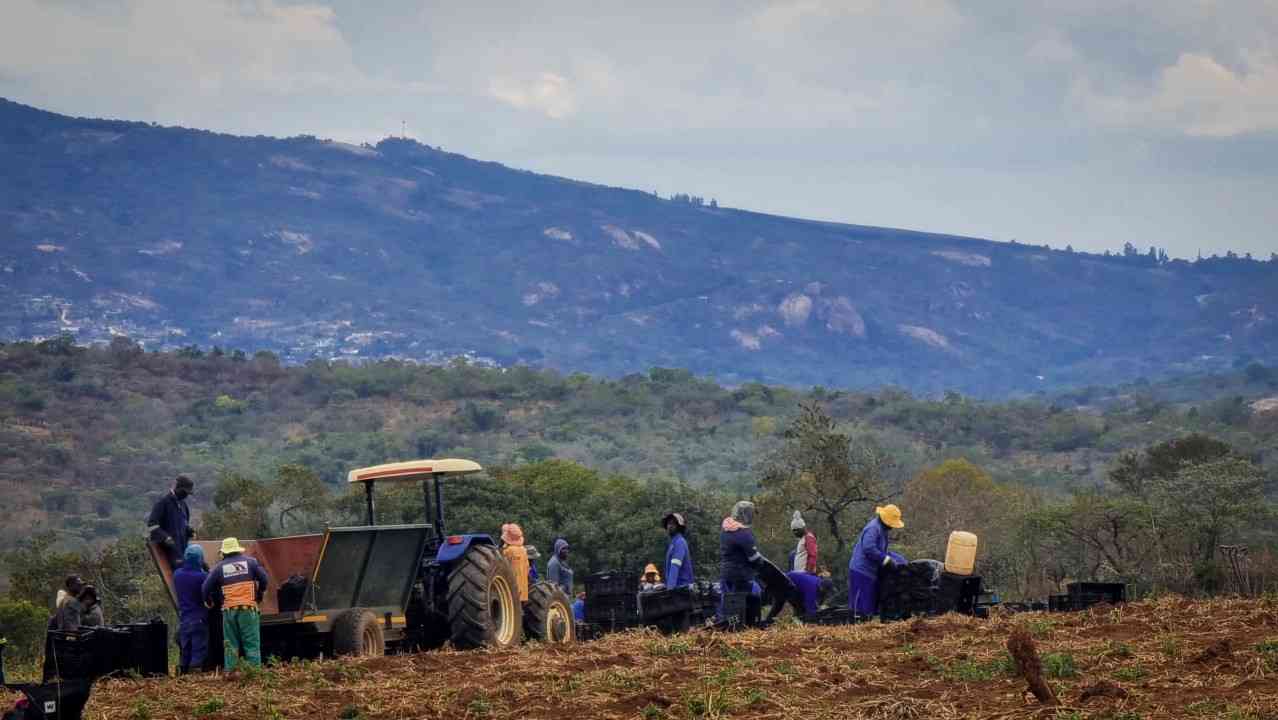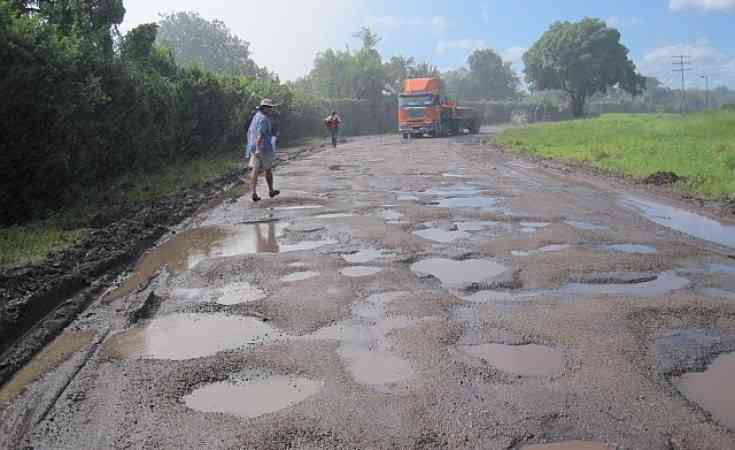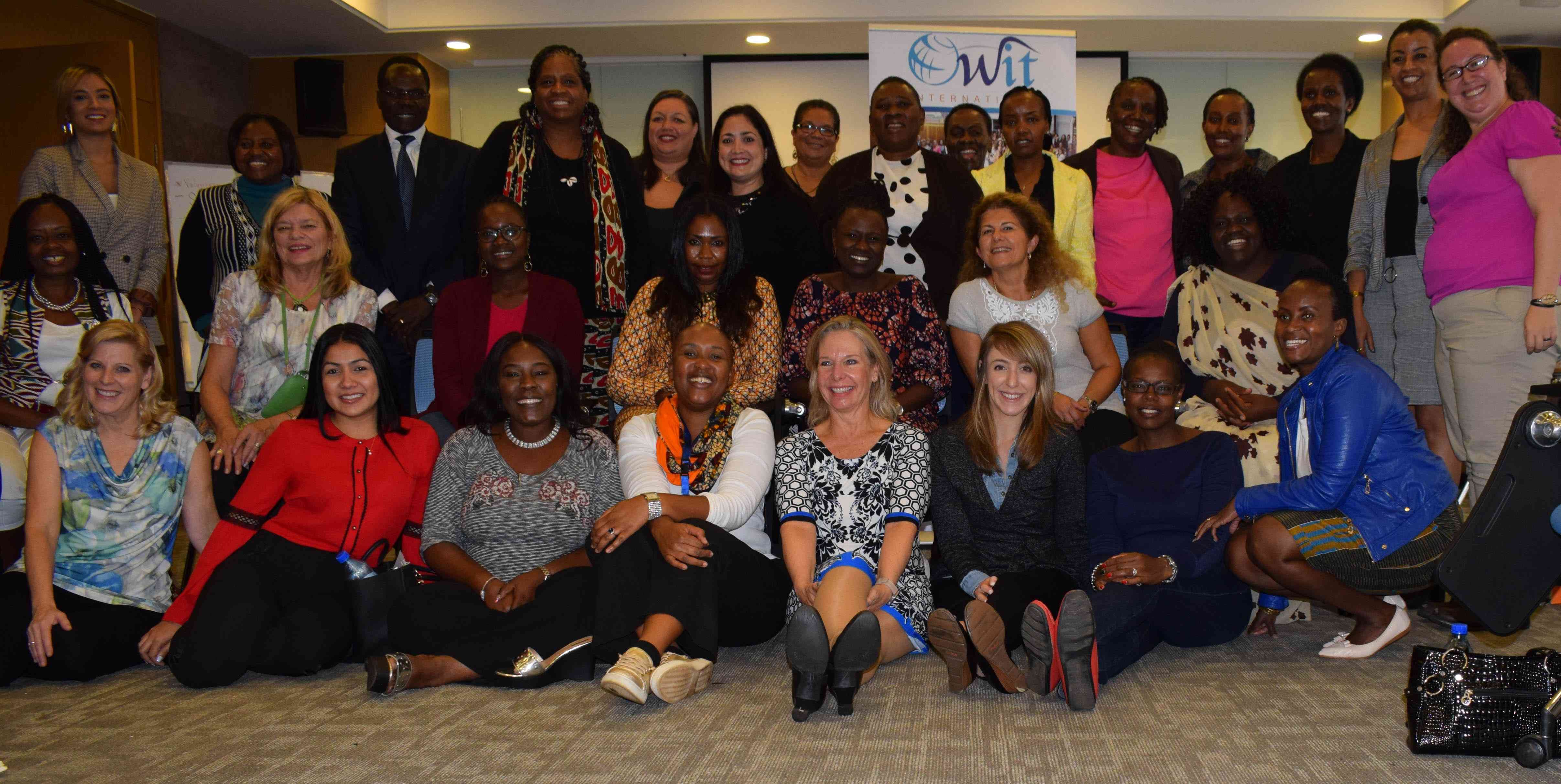
On October 8, 2024 the Zimbabwean state announced plans to issue private title on land held by fast track land reform programme (FTLRP) land beneficiaries.
The announcement was met with excitement by certain analysts, civil society and political actors from across the political divide.
This intervention is aimed at examining policy implications and to offer policy alternatives on the proposed ‘private title’.
Many analysts see the issuance of private title as a way to unlock the value of land.
This position is largely derived from Hernando de Soto, a Peruvian economist, who argued that while assets such as land can be leveraged on the market, they often lack formal legal documentation rendering them “dead capital”.
Therefore, the Zimbabwean state position is based on the perception that the issuance of private title to land will render it ‘living capital. In this intervention as has been argued in several other countries in the global South, we argue that such a position lacks on many fronts as it negates the history and context of Zimbabwe in relation to the land question.
We posit that while freehold tenure thrives in several countries in the global North, it’s not a solution for several countries in the global south especially African countries.
Private tenure, which is embedded in property rights is a western concept with strong ties to the Roman-Dutch law and John Locke’s Two Treatise of Government in 1689.
- Is privatisation of resettlement land viable in Zim?
Keep Reading
Private property rights aka freehold was weaponised to expropriate land from native Africans during colonialism.
Through the freehold mechanism, white minority economic and political interests were entrenched, which fostered and entrenched inequalities and unequal development within African colonial states.
Therefore, ongoing attempts to privatize land go against genuine calls for decolonising land tenure systems that are increasingly gaining momentum among progressive political and intellectual circles.
The next section provides a background of Zimbabwe’s land reforms and changing tenure systems.
Zimbabwe’s land reforms and tenure systems: A brief overview
Blacks in colonial Rhodesia experienced massive land alienations with the white settler population benefiting and being settled on fertile large-scale commercial farms.
This laid a basis for an armed liberation struggle thus culminating in the attainment of independence in 1980.
At independence, the postcolonial state inherited a bi-modal tenure agrarian structure mainly composed of freehold tile held by white-large scale commercial farmers on one hand, and customary tenure held by black confined to communal areas.
With agricultural production being generally stable from 1980 to 1999 many analysts attributed this to white large-scale commercial farmers’ “capacity” and ingenuity while some acknowledged their ability to access credit from private commercial banks.
The late professor Sam Moyo, however, pointed out that food security during this phase was largely driven by the resilience of underfunded black communal farmers.
The ability to access commercial loans by white commercial farmers using freehold title is part of the reasons why many believe that recent policy pronouncements on tenure reforms can improve access to agrarian finance.
From 2000, Zimbabwe initiated a radical FTLRP, which apart from transferring land held by white commercial farmers to landless and land short peasants also challenged property rights by dismantling freehold tenure and replacing it with state based tenure.
In response, international capital went on strike, and the country was placed on economic sanctions leading to major declines in agricultural credit and production volumes.
These responses by global capital and hegemonic forces were aimed at discouraging other countries from embarking on a similar radical land reform path.
And this to an extent has been witnessed by several stalled expropriation without compensation demands for land in South Africa, Namibia among many other African countries with serious land questions.
The economic hardships that the country had to endure over the past two decades is partly attributable to international isolation although we must be quick to point out that other internal dynamics were also at fault.
We have attended to these internal dynamics in our previous discussions.
With polarity escalating emanating from the land reform, the state maintained that the land reform was irreversible and legislated state-based tenure (A1 permits and 99-year leases) which cannot transacted on markets to forestall land sales.
However, by 2017 it was becoming increasingly clear policy shifts were underway.
Joint ventures between black resettled farmers and former white large-scale commercial farmers as well as land rentals were now actively being promoted by the state among many other forms of partnerships.
This reflected the limitations of radical land reforms in a neoliberal era and was largely unsurprising given international financiers, right wing intellectuals and civil society were at the forefront in discouraging state-base tenure and other forms of support for resettled farmers by the state.
To some extent, the state capitulated to such forces although it must be stated that some voices internally as represented by the veterans of the liberation struggle have raised their voices against such maneuvers.
Economic liberalisation was offered in the agrarian sector and this had to be led by the private sector on the backdrop of liberalizing land tenure systems and minimum state support to the resettled farmers as well as to abandon state support for farmers in favour of a private sector led agricultural pathway.
Zimbabwe has various forms of land tenure. Rukuni sums up the major forms of land tenure in Zimbabwe as follows:
- Freehold (also known as private holding for large scale commercial farmers and some small scale
- Short term leases
- 99-year lease A2
- Offer letter A1
- Customary tenure;
Closely linked to the forms of tenure is what is termed the basket of rights. The rights basket is:
- Use rights; permission to grow crops, trees and make permanent improvements such as housing.
- Transfer rights; sell, give, lease, rent.
- Exclusion rights, exclude others from using or transfer
- Enforcement; legal judicial or institutional provision to guarantee exclusivity and resolve disputes.
In the next section we discuss the implications of liberalising tenure systems.
Land privatization implications: Lessons from Africa
Proponents of freehold argue that it enables farmers to access agricultural credit and also stimulates agricultural investments.
Such proponents include multilateral institutions, scholars, and African policy makers who have been advancing privatisation of tenure.
To date, over two dozen African countries have proposed de jure land law reforms that are extending the possibility of access to formal freehold land tenure to millions of poor households.
Notable examples include Zambia in 1995, Uganda in 1998, Côte d'Ivoire in 1998 and 2015, Malawi in 2002, Kenya in 2012, Mozambique in 1997 and 2007 and Tanzania in 1999 and 2015.
The objectives explicitly aim to clear the way for full privatisation and commoditization of farmland.
Based on experiences from other African countries that have privatized peasant farmers land in attempt to boost agricultural investments we contend that Harare’s attempt to introduce freehold tenure is very much unlikely to enable access to agricultural loans.
Research has shown that peasant farmers in countries such as Namibia, Ghana and Kenya have faced difficulties to access loans from banks even with their land having been privatised.
In Kenya, Issa Shivji demonstrates uneasy relations between financial institutions and peasants. In an interview with Marc Wuyts, Issa Shivji notes;
"Or, as happened in Kenya, the Banks cannot enforce foreclosure simply because the bailiffs would be chased away by spear-wielding peasants or, as happens more often, they find the situation on the ground to be very different from that in the land registry (Wuyts and Shivji 2008)."
These observations reveal the complexities and intricacies surrounding the land individualisation and titling.
Establishing a land register is an expensive process and countries that have tried to privatise land have found it difficult to establish a credible register.
For Zimbabwe, this is likely to be a mammoth task considering the shambolic nature of the land and information management System (LIMS).
There are also other pressing developmental challenges such as health, education, infrastructure and industrialisation that remain priorities ahead of the individualisation of title.











